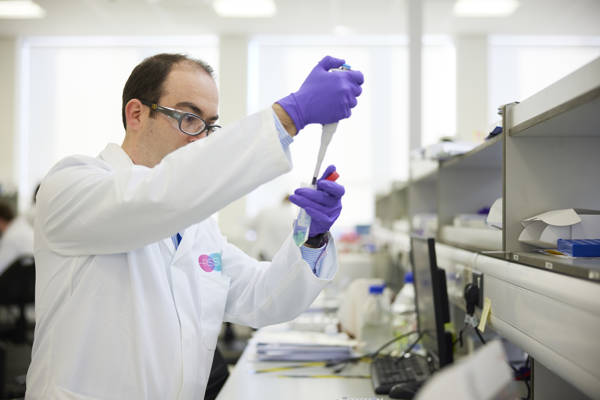Forced degradation studies of biopharmaceuticals


To fully characterise biological products, it is necessary to define the degradation pathways by which they can be converted into other forms. However, if determined in real-time with stability studies, this process could take several years.
At RSSL, we apply forced degradation conditions - temperature, pH, redox, light, humidity and shear stress - to accelerate this process. This enables the production of enough drug degradation products (5-20%) to be useful in stability indicating method development and validation.



In addition to conducting the studies, our technical experts can also build a robust regulatory compliant data package to support your regulatory submission.
Forced degradation studies are used to:
To identify the optimal conditions, each drug will require a tailored forced degradation protocol. This optimisation is performed using a robust feasibility study resulting in the development of a bespoke method capable of achieving suitable drug degradation levels.